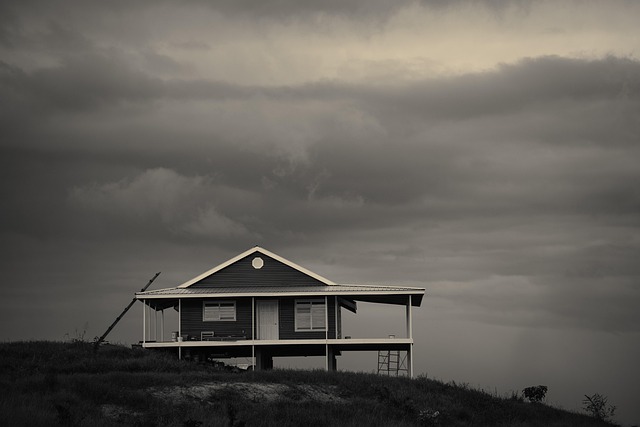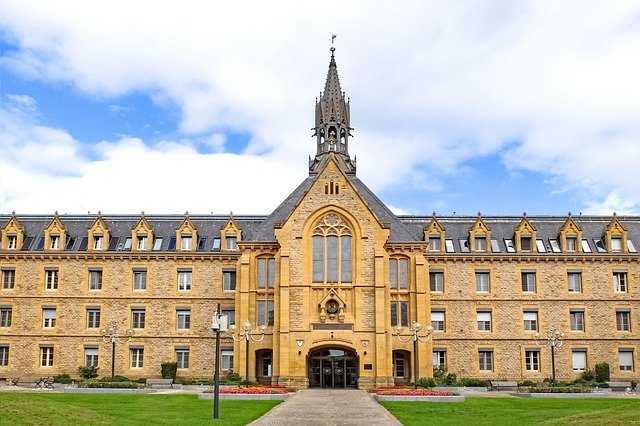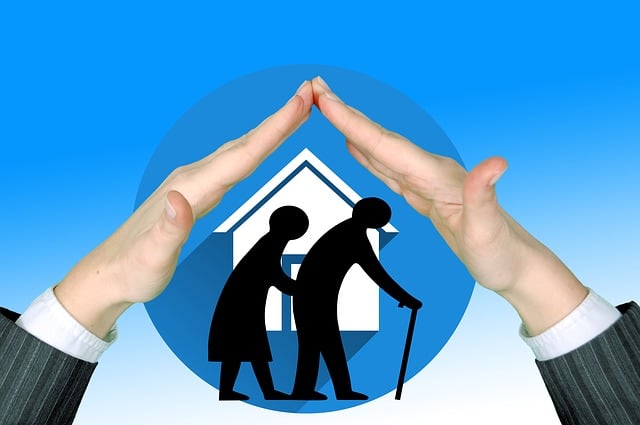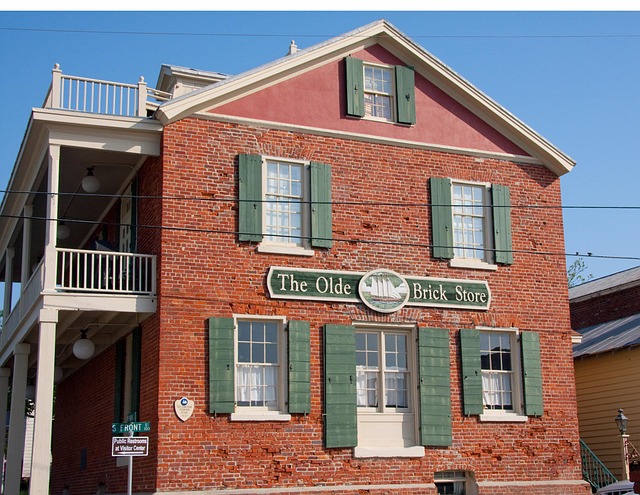In South Carolina, elderly abuse, including sexual assault, remains a pressing issue. Understanding these heinous acts and the legal rights of survivors is crucial. If you or a loved one has experienced elderly sexual assault, knowing your options is vital. This guide explores understanding elder abuse, the specific legal protections for survivors, and how to choose an experienced elderly sexual assault lawyer in South Carolina. Accessing support resources can also aid in recovery.
Understanding Elderly Abuse and Neglect in South Carolina
Elderly abuse and neglect is a growing concern in South Carolina, with many vulnerable seniors facing physical, emotional, and financial exploitation. This includes various forms of mistreatment, such as physical violence, financial manipulation, and sexual assault. Unfortunately, due to their increased vulnerability, older adults are often targets of these heinous crimes.
In this state, an elderly sexual assault lawyer plays a pivotal role in advocating for survivors. They provide legal expertise tailored to the unique needs of elderly abuse victims, ensuring they receive the justice and support they deserve. With specialized knowledge, these attorneys can guide clients through complex legal systems, offering crucial assistance in pressing charges against perpetrators and seeking compensation for the harm suffered.
The Legal Rights of Elderly Sexual Assault Survivors
Elderly sexual assault survivors in South Carolina have specific legal rights and protections under the law. If an individual over 65 years old has been a victim of sexual abuse or exploitation, they are entitled to seek justice and hold perpetrators accountable. An elderly sexual assault lawyer in South Carolina can guide survivors through the complex legal process, ensuring their rights are upheld.
These laws aim to provide a safe haven for elderly victims, offering them the support and resources necessary to recover from such traumatic experiences. Survivors may be eligible for compensation, and an experienced attorney can help navigate the available legal options, including civil lawsuits against perpetrators or institutions responsible for the abuse.
Finding the Right Attorney for Your Case
Choosing the right attorney is a critical step in your journey towards justice and healing. When it comes to cases involving elderly abuse, especially sexual assault, it’s essential to find a lawyer who specialises in this area. An experienced elderly sexual assault lawyer in South Carolina will have a deep understanding of the unique challenges faced by survivors and the legal complexities of such cases. They should possess expertise in navigating sensitive matters, ensuring your privacy and providing compassionate support throughout the process.
Look for an attorney with a proven track record of successfully representing clients in similar situations. This means they have a history of securing favourable outcomes, whether through settlements or trials. Additionally, consider their approach to communication. A good lawyer will maintain open lines of dialogue, keeping you informed every step of the way and addressing any concerns or questions promptly. They should be responsive, empathetic, and dedicated to fighting for your rights and seeking the justice you deserve.
Support and Resources for Survivors in SC
In South Carolina, survivors of elderly abuse, including elder sexual assault, have access to a range of support and resources tailored to meet their unique needs. Many non-profit organizations offer counseling, legal aid, and advocacy services specifically for older adults who have experienced trauma or abuse. These organizations provide safe spaces for victims to share their stories, connect with peers, and receive emotional support from trained professionals.
Elderly sexual assault survivors in South Carolina can also benefit from the expertise of specialized attorneys who focus on elder abuse cases. An elderly sexual assault lawyer in South Carolina can offer legal guidance, ensure proper documentation, and advocate for justice and compensation. They work to protect the rights of vulnerable seniors and hold perpetrators accountable while providing much-needed support during the legal process.





